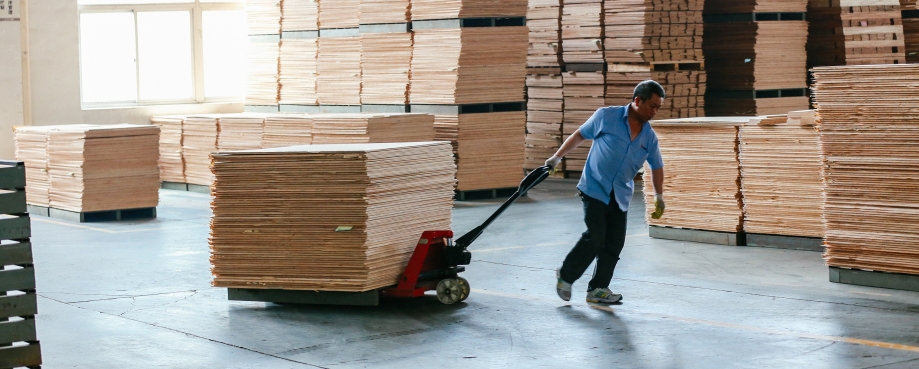
ETI member, Matrix APA, has recently surveyed its Chinese suppliers about an important new green initiative, an environment tax, that seeks to improve the environmental impact of Chinese businesses. Here, Steve Wickham, Matrix’s Head of Procurement and Compliance, details the company’s findings.
The Chinese government introduced a new environmental tax on Jan 1st. It requires ‘enterprises, public institutions and other producers and operators that directly discharge pollutants to the environment to pay a pollution tax in accordance with the law’.
To better understand how this new environmental initiative might impact our supplier factories and their material vendors, Matrix surveyed 23 of them in China’s textiles, beauty, electronics, bag and toy industries.
As a company, Matrix is a multi-category product design and procurement specialist with a focus on ethically sourced products and building long term co-operative partnerships with its suppliers. Central to its business model is a belief in the shared benefits for workers, suppliers and customers that can be gained from driving positive change in working conditions.
Sharing results
We shared the results with the factories themselves.
We wanted to enable benchmarking and the sharing of good practice to help minimize any indirect impact on our suppliers’ and our own operations. And also to help suppliers think about any financial implications, as the tax levy is significant:
- 1.2 - 12 yuan per unit on air pollutants;
- 1.4 - 14 yuan per unit on water pollutants;
- 5 – 1,000 yuan per tons on solid waste;
- 350 yuan to 11,200 yuan per month for noise pollution.
The survey, completed in April, provided a number of key takeouts that all companies might find useful, including:
- Awareness of the new environment tax was 78% although 22% of factories had not heard about the tax at all.
- Of those who knew about the law change, only 52% had implemented emergency measures in direct response to the law to mitigate the potential impact of the tax in 2018. An example of the kind of measures introduced, included installing air emission treatments and waste water treatments; reducing solid waste; improving productivity and efficiency to reduce production costs and wastage; selecting environmentally friendly materials and vendors; and placing orders with vendors early and preparing a buffer stock of regularly used materials.
- 61% claimed they had been affected by delayed deliveries from their material vendors during 2017 as a result of environmental protection issues with the average delay being 10 days.
- Importantly, 61% also claimed that their material vendors have increased costs as a result of the environmental tax and their consequent investment in environmental protection, with the typical increase being 5-10%.
The extent of the tax’s impact
While heavy polluting industries will be most affected by the new tax, it is clear that even smaller suppliers further down the supply chain may still be impacted.
This gives buyers even more reason to select environmentally friendly products and suppliers, to help avoid the risk of price increases or delays.
Buyers also need to understand their suppliers’ production capacity and try to place orders as soon as possible to help with planning and material acquisition; and share forecasts at the earliest opportunity while enhancing communications.
The latter is especially important, as 74% of factories in our survey believe that the government will follow an increasingly strict environmental protection policy throughout 2018.
If companies want to find out more about the Matrix initiative contact Steve Wickham direct. To join ETI’s China working group contact Eshan Chan.
